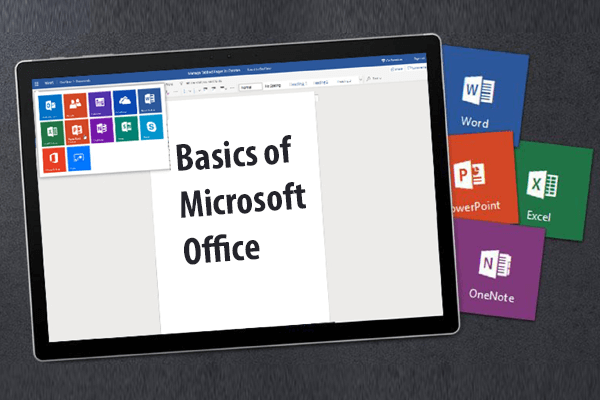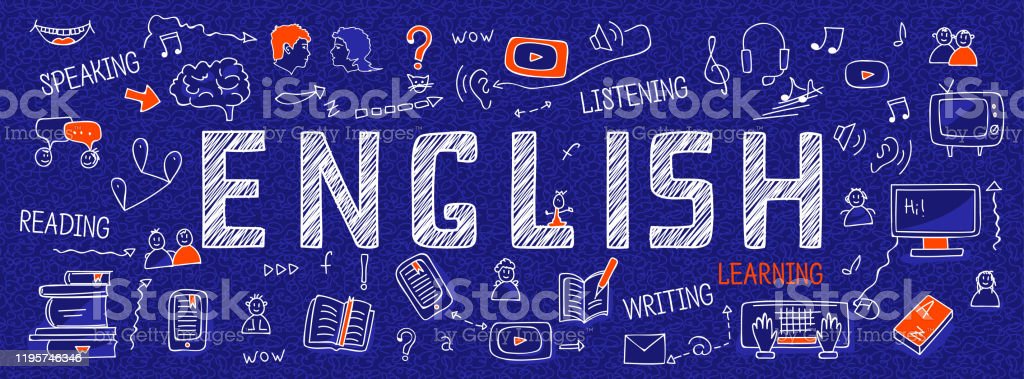




Soft Skills are the characteristics or the behaviour patterns that determine co-relation between two people. Often, I am asked this question as to what are soft skills? To answer that, Soft Skills are those personality traits and interpersonal skills of a person and define as to what type of behaviour one is going to display towards another individual or a group of people.
Importance of Soft Skills can not be exaggerated. Ours is a networked world and very often our success depends upon our ability to display good interpersonal skills. Often importance of soft skills is understood only after our continuous failure on the professional or the personal front. Then one gets to realise that there is a corelation between personality development and soft skills improvement. A few improvements in our soft skills can lead to perceptible improvement in our personality.
Meaning of Soft Skills is very wide and encompassing but grossly understated. Very often people misunderstand soft skills as something which is genetic and something which can not be acquired. This is not true. Soft skills training can ensure substantial improvement in a trainee’s outlook towards other people.
Skills are clearly of two types: hard skills and soft skills. Hard Skills can be put on display. Soft Skills can only be felt or observed. Again, Hard Skills are those skills which are personal acquisitions and can not be observed from our behaviour. A few examples of hard skills are swimming, cooking, calligraphy, star gazing, cycling, sewing or dog training. None of these skills can be identified while speaking to a person possessing one or all of these skills.
Soft Skills are acquired clearly to be able to better deal with the other people. Examples of Soft Skills are communication (listening, understanding and speaking), discipline, being soft spoken, being cool tempered, anger management, selflessness, professional, optimist, rational, team player, respectful, civilised, being decisive, learner and so on and so forth.
Communication skills and soft skills are intertwined. The former is a subset while the latter a superset. As we know, communication has many parts, speaking, listening and reading are obvious parts. However, critical thinking is also a soft skill and is a part of communication. So is understanding.
Many students ask as to how to develop soft skills? They also ask are there soft skills online courses? Answer to both these questions lie inn affirmative. As to how to develop soft skills, the key is positive attitude and consciously practicing the same. So far as soft skills online courses, www.ursaminor.in provides reasonable support in this field. Please visit our interactive website.
Benefits of soft skills are manifold. As a matter of fact, at every step in your life, conflict resolution happens through an exhibition and or application of soft skills only. Incidents or road rage, crime against women, workplace stress, arguments with strangers, heated exchange of words with people known to you and creation of a toxic environment happen just because of lack of soft skills. Someone somewhere displays lack of understanding, lack of restraint, a short fuse and all that culminates in uncontrollable violence and untold misery. A large proportion of violence, distrust, agitation and non-cooperation can be avoided with a slight hint of soft skills by the concerned parties.
What do you mean by soft skills? Soft skills in work place? These questions are asked not only by freshers but also by the seasoned employees. Lets first take the case of soft skills in work place. The attributes responsible for creating a professional environment are known as soft skills in work place. A few of such soft skills are: respect for seniors, empathy for the customer, volunteering, a smiling face, discipline for meeting deadlines and respect for women. With exhibition of these soft skills in work place, the environment will become conducive for growth and profitability.
Many students ask me about the types of soft skills. According to me each one of us can club various soft skills under a few sub headings while keeping in mind that the ultimate objective of each soft skill is to make the world a better place to live. Let’s however, try to make a few groups of soft skills:
1. Interpersonal Communication
2. Creativity
3. Officer Like Qualities (OLQ)
4. Conflict Resolution
5. Constant Improvement
In the below lines we would discuss the above five points and will see the benefits of soft skills.
The most useful and widely needed soft skills are Interpersonal Communication. Speaking (public speaking or normal communication), Listening and Writing are three important pillars of Interpersonal Communication. However, these three are intertwined with understanding and critical thinking.
Creativity is a rational process and is an outcome of customer care, self-actualisation and selflessness. These three attributes will be needed for displaying creativity as a soft skill. You can not be creative without keeping customer (the end beneficiary of your practised soft skills) in mind. Similarly, till you realise that you have been bestowed the power to create, you will not be able to actually create. You can not be possessive about your creation, that has to be for a larger good and that is why being selfish is opposite to being creative.
OLQ are the qualities that inspire your team members and encourage them to follow you. Chivalry, respect for hierarchy and systems, discipline, foregoing personal comfort and being adaptive are all examples of OLQ.
As many ask why do we need soft skills? If I am given only once choice to answer this question, I would say we need soft skills to resolve conflicts. Conflicts do not encourage competitiveness. They kill it and make the atmosphere toxic. Soft skills such as patience, tolerance, diplomacy and being reasonable resolve conflicts.
Finally, an urge to constantly improve oneself is the biggest of the soft skills. This makes the practitioner a constant learner. This ensures there is regular upskilling and refinement. One has to be a good observer to become a learner. Slowly improving oneself constantly becomes a habit.
However, I am also asked what are the seven soft skills courses? For satisfying your thirst for knowledge, I am listing those below. However, these seven soft skills courses have been categorised under the five mentioned above. Please read on:
1. Leadership Soft Skills Courses
2. Teamwork Soft Skills Courses
3. Communication Soft Skills Courses
4. Problem Solving Soft Skills Courses
5. Work Ethic Soft Skills Courses
6. Flexibility/Adaptability
7. Interpersonal Soft Skills Courses
Trust this article on soft skills and benefits of soft skills would be found of use.
Top Searches:
Soft skills | what are soft skills | soft skills meaning | soft skills training | importance of soft skills | soft skills and hard skills | soft skills examples | types of soft skills | soft skill development | soft skills definition | soft skills topics | personality development and soft skills | difference between soft skills and hard skills | hard skills vs soft skills | what are the 7 soft skills | soft skills courses | introduction to soft skills | soft and hard skills | soft skills book | soft skills pdf | soft skills quotes | what are soft skills and why are they important | what is soft skills training | why are soft skills important | how to improve soft skills | what are soft skills and hard skills | why do we need soft skills soft skills in the workplace | what do you mean by soft skills | what is meant by soft skills | benefits of soft skills communication and soft skills | how to develop soft skills | soft skills online courses